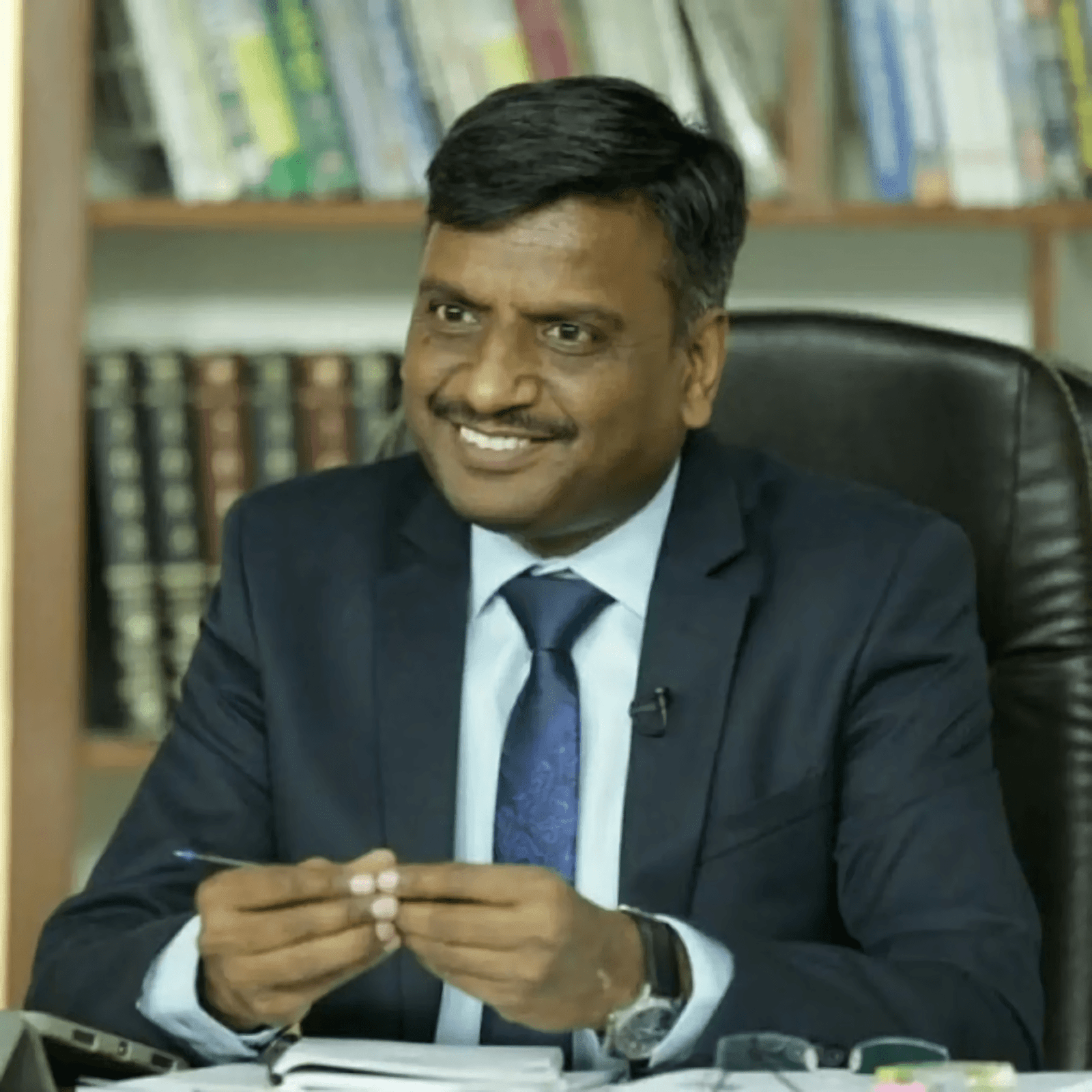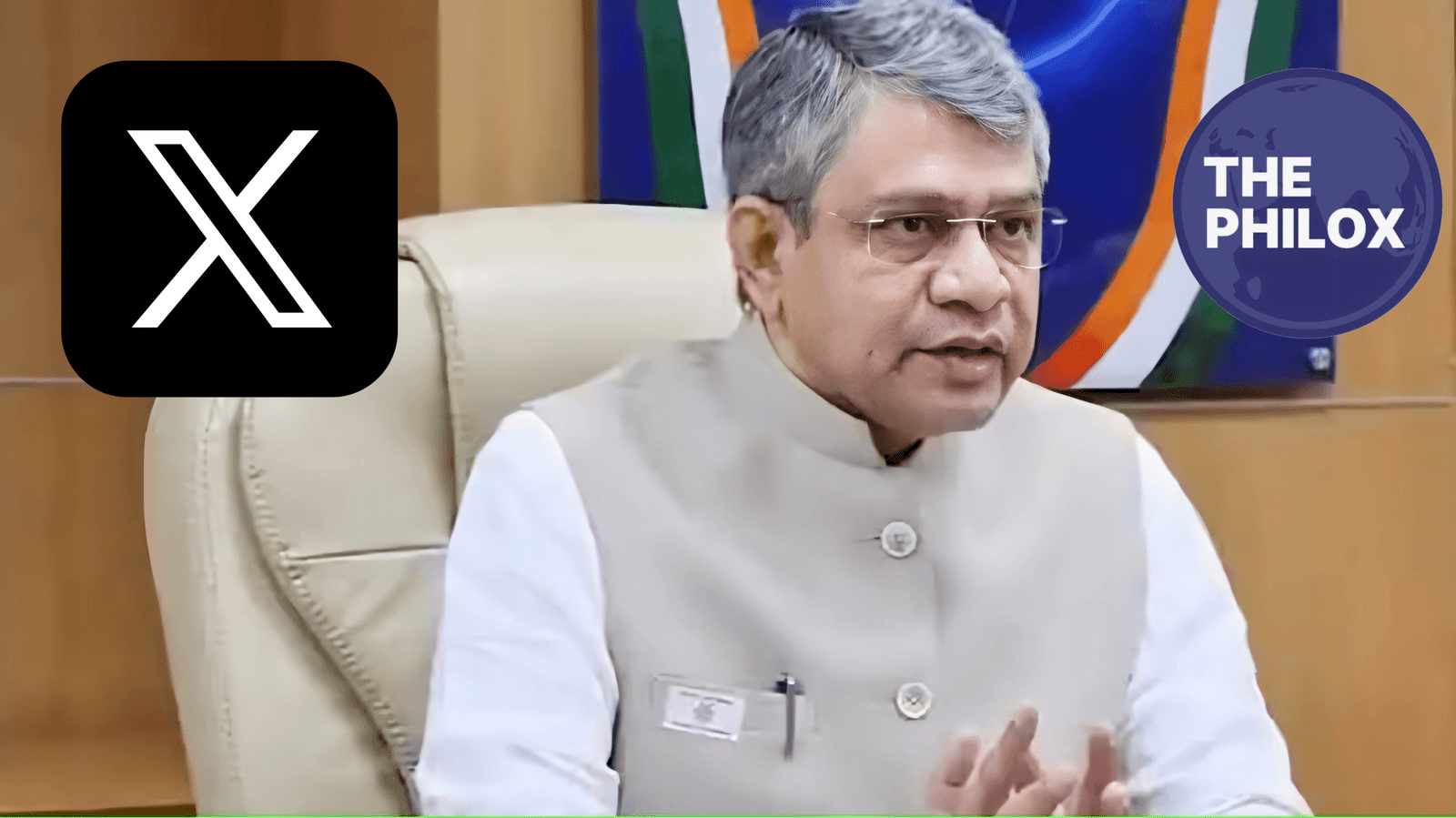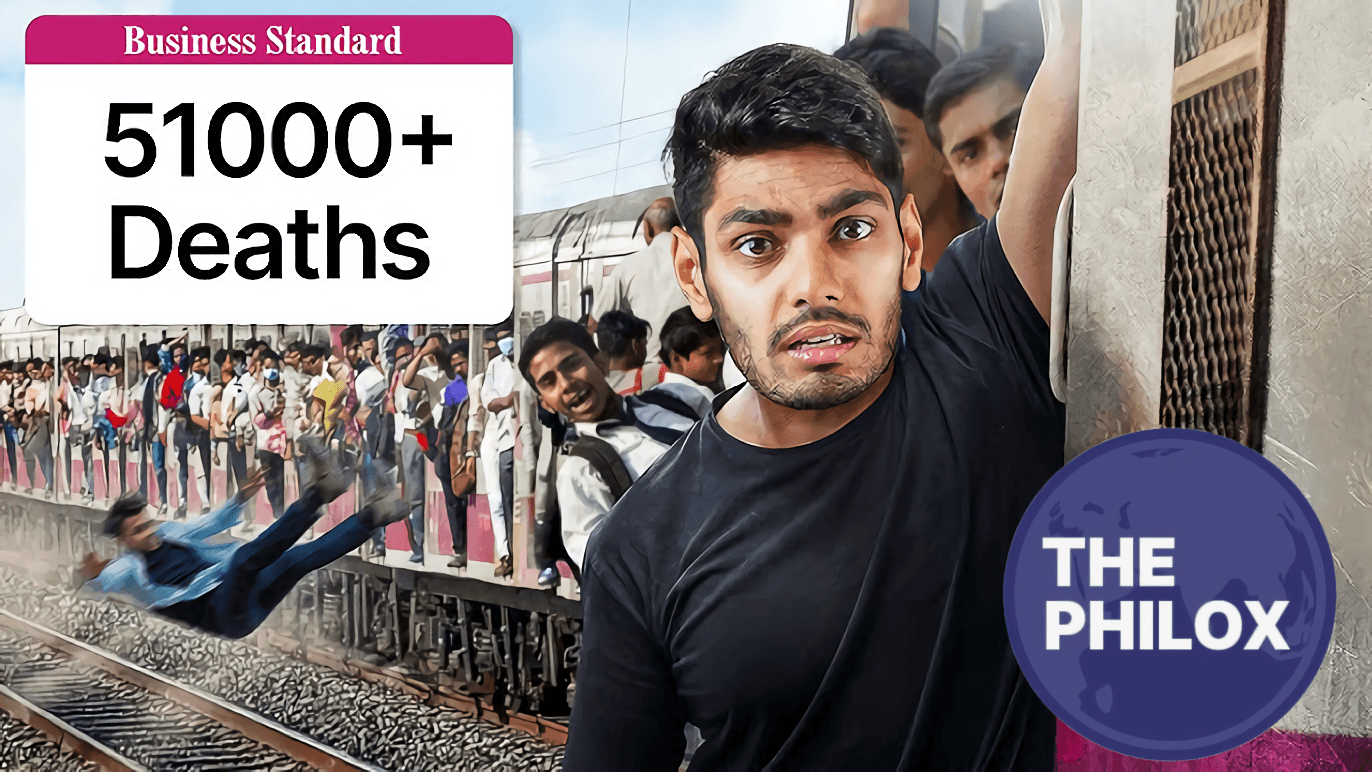Vijender Masijeevi is a former insider of the UPSC coaching industry who recently emerged as a whistleblower. He has brought to light the exploitative practices of this multi-billion rupee enterprise.
Candid revelations, especially by him in his podcast with Acharya Prashant, have shed light on the systemic issues plaguing the industry, offering valuable insights into its flaws and undue pressure on young aspirants. Masijeevi’s very bold stance has given importance to the dialogue on how the UPSC preparation process often puts profit over people, leaving behind many broken dreams.
From Insider to Critic: Masijeevi’s Unique Perspective
Coming from the coaching industry, Masijeevi critiques from a place of thorough understanding. His insider knowledge helps him in lending credibility to his arguments and makes him different from others who are not even close to real experience.
He has seen the inner workings of an industry that has ballooned into a lucrative business, projected to reach a staggering ₹140,000 crores by 2028. This explosive growth has come at a cost—one borne by aspirants who invest their time, money, and energy into a system that often fails to deliver on its promises.
Insights into the vulnerabilities of the students and their families where the coaching industry thrives. A large number of aspirants dream to be an IAS officer which is often a dream borrowed from the parents.
Therefore, they enroll in some expensive coaching programs, all for external pressures and forget about what they really need or have.
The Podcast with Acharya Prashant: A Reality Check
In a candid conversation with Acharya Prashant, Masijeevi delved into the harsh realities faced by UPSC aspirants.
The duo criticized the over-glorification of IAS success stories, which paint an unrealistic picture of the journey and outcomes. These narratives often neglect to mention the failures of the vast majority of aspirants, many of whom spend 7-8 years in preparation only to find themselves back at square one.
Masijeevi says: “Coaching centers feed an addiction. With the assurance of guaranteed success, more and more students take courses one by one, all more costly than the last. All this is spent by an aspirant filled with hope and societal compulsion only to find that it’s impossible to win.
The podcast also touched upon the emotional and mental toll this process takes, with many students struggling with anxiety, depression, and a sense of worthlessness when they fail to meet expectations.
Exploitation and Inequality in the UPSC Coaching Industry
One of the strong attacks Masijeevi comes with is that there lies systemic exploitation in the industry of coaching. These organizations, he pointed out are profit-making bodies who derive benefits from the fantasies and dreams of gullible students.
It becomes extremely difficult for marginalized groups where the competitive atmosphere favours those who are blessed enough to have more favorable situations and resources.
Dominated by the coaching industry, it’s a sad reflection of how this industry prospers at the cost of underfunding the public education system. It further exacerbates inequality and places aspirants from weaker backgrounds at a significant disadvantage.
This means that years of effort and investment on the part of many young people go in vain because they are unable to get ahead of their parents’ socio-economic status.
The Toxic Culture of Success Stories
Masijeevi also criticizes the culture of glorifying success stories in IAS. Such tales raise expectations and make students believe that failure is because of a personal deficiency and not due to systemic inefficiency.
This toxic mindset leaves the students questioning their value and fails to remind them that the examination is for the filtration of the masses.
The single-minded pursuit of this singular goal can overshadow individual potential and diversity. Aspirants are often forced to abandon their true interests and talents in favor of chasing a dream that may not even align with their own aspirations.
As Masijeevi and Acharya Prashant emphasized, the worth of a person’s life should not be determined solely by their ability to clear an exam.
A Call for Reform
Masijeevi’s revelations underscore the urgent need for reform in the UPSC preparation process. He advocates for a more balanced and humane approach that prioritizes the well-being of aspirants.
This includes addressing the mental and emotional toll of the process, as well as creating a more inclusive and equitable competition landscape.
The podcast with Acharya Prashant is a great effort in that direction because it encourages honest discussion regarding the flaws in the system.
By bringing into limelight such critical issues, it serves as a wake-up call for aspirants, parents, and policymakers as well.
Changing the Narrative
In fact, to bring a revolution to the UPSC preparation, we need to change the narrative. Success is not the end but fulfilling one’s dreams and aspirations. It’s high time for parents to understand that children’s wishes and well-being should surpass all the societal pressures.
Apart from all of that, the government needs to balance the gap between public schooling and private coaching.
Sufficient investment in quality education as well as more equitable opportunities are sure to reduce the dependability on coaching centers as well as level the playground for all aspirants.
Vijender Masijeevi’s courage to speak out against the exploitative UPSC coaching industry is a step toward much-needed change.
His unique perspective, drawn from years of experience within the system, provides valuable insights into its flaws and the undue pressures it places on young minds.
Through his podcast with Acharya Prashant, he has highlighted the importance of re-evaluating our approach to UPSC preparation, encouraging a shift toward a more balanced and inclusive system.
It’s high time to give prominence to the aspirations and well-being of students over the benefits of the coaching industry.
A good platform for honest discussions along with meaningful reforms can surely empower aspirants to touch their true potential without giving a compromise to their mental or emotional health.
Vijender Masijeevi is that voice of hope that inspires us in this process and his call for change warrants our wholehearted appreciation and support.





One thought on “Vijender Masijeevi Exposes the Truth Behind the UPSC Coaching Industry”